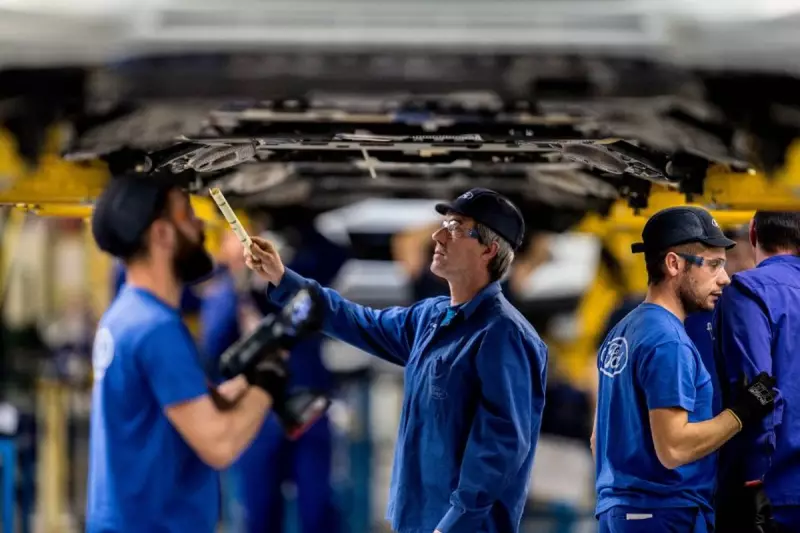
Ford CEO Sounds Alarm Over 'Very Serious' Skilled Trades Shortage
Jim Farley, the Chief Executive of Ford Motor Company, has issued a stark warning about a critical shortage of skilled tradesworkers across the United States. The automotive giant is currently struggling to fill 5,000 mechanic positions, despite offering an annual salary of $120,000.
Speaking on the 'Office Hours: Business Edition' podcast, Farley stated, 'We are in trouble in our country. We are not talking about this enough.' He emphasised that the issue extends far beyond Ford, highlighting a national crisis with over a million openings in essential roles such as emergency services, trucking, and various trades.
A National Crisis in Training and Technology
The offered salary, which is nearly double the average US income according to the Social Security Administration, has not been enough to solve the problem. Farley explained that advanced mechanic roles at Ford require roughly five years of skill acquisition, and the nation is simply not training enough people to meet this demand. 'We do not have trade schools,' he lamented.
This skills gap is exacerbated by the rapid pace of technological change. Rich Garrity, a board member of the National Association of Manufacturers, confirmed that many community colleges and career tech programmes are struggling to keep their curricula current. 'If we talk about additive manufacturing, robotics, automation, EV batteries, we see very few focus curriculums that can keep up with that,' Garrity told the New York Post.
Broader Industry Impact and Glimmers of Hope
Ford's predicament is a microcosm of a wider manufacturing and skilled trades crisis. As of August, there were more than 400,000 open manufacturing jobs in the US. The automotive sector alone faces an annual shortfall of approximately 37,000 trained technicians, according to the National Automobile Dealers Association. The Bureau of Labor Statistics projects nearly 68,000 openings for automotive mechanics each year through 2033.
In response, Ford launched a $4 million scholarship programme earlier this year to help train new auto technicians. The company has also tried to attract workers by eliminating its lowest-wage tier and offering significant pay rises. There are some positive signs at a national level, with trade school enrolment jumping 16% last year, the highest rate since 2018.
However, as Farley pointed out by referencing his own grandfather who built a middle-class life through trade work, higher salaries alone cannot fix the problem without a robust pipeline of properly trained workers. The fundamental lack of skilled individuals remains the core challenge for Ford and the entire industry.





